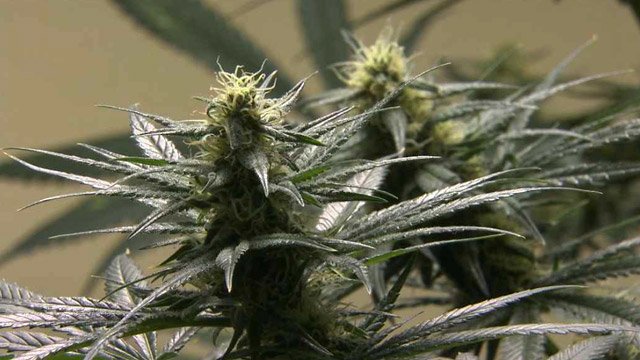In case you haven’t noticed, we’re in the midst of a medical marijuana revolution.
Given the amount of questions and mystery surrounding the science behind it, Dr. Sanjay Gupta wanted to provide some insight. He’s been investigating medical marijuana for the last couple of years.
His research has resulted in three CNN documentaries, culminating with “Weed 3: The Marijuana Revolution,” airing at 9 p.m. ET/PT Sunday.
Gupta opened up to questions on Twitter. Here’s what you wanted to know:
How does this affect me?
Readers were curious about the effects of medical marijuana in easing symptoms of various ailments, asking how it could help with everything from life-threatening illnesses and neurological conditions to chronic pain and post-traumatic stress disorder.
Gupta pointed out the 10 diseases where medical marijuana research could have an impact and how it helped to stop one young girl’s severe seizures, and he also referenced other studies.
He said that the potential benefits of medical marijuana for people suffering from PTSD is actually the subject of a federally approved study. The belief: It could suppress dream recall and allow those sufferers to focus on the present.
There is also research into how the drug might affect the spasms associated with people who have multiple sclerosis.
Medical marijuana could also be an important option for those who rely on painkillers, as painkiller overdose is the greatest preventable death in the United States, Gupta said.
Why don’t other doctors talk about it?
Many of the questions around medical marijuana can be tied back to the fact that it’s just not discussed much.
Teaching about medical marijuana remains taboo in medical school. But Gupta also presented the science directly, showing what your body on weed looks like.
Readers also wanted to know why people are so against the legalization of marijuana. Decades of misinformation, Gupta said.
What are the drawbacks?
With medical marijuana so misunderstood, there naturally is a fear of potential side effects. There are legitimate, long-term concerns with the developing brain, Gupta said, and suggested that readers seek out the research of Dr. Staci Gruber, who has conducted numerous studies on marijuana use and brain function.
Isn’t it dangerous?
When confronted with questions rooted in fear about the dangers of medical marijuana, Gupta confessed that he used to believe the same thing — that marijuana is dangerous without proven benefits. After extensive research, he said he changed his mind on weed.
